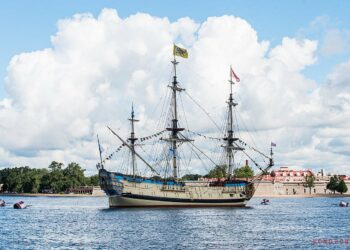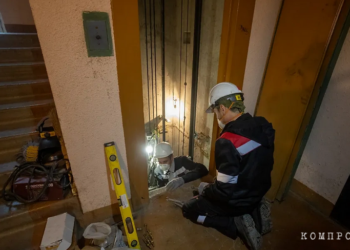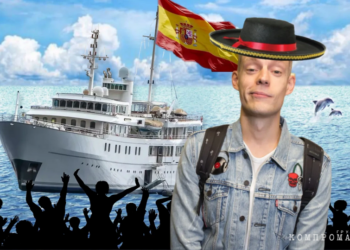Source The former chairman of the Supreme Soviet of the RSFSR was 80 years old. Ruslan Khasbulatov, former chairman of the Supreme Soviet of the RSFSR, died at a dacha near Moscow. This was reported by relatives of the politician. It was Khasbulatov, along with Vice President Alexander Rutskoi, who was the main opponent of the first Russian President Boris Yeltsin during the October 1993 confrontation, when tanks fired at the White House.
After the collapse of the USSR in 1991, Russia continued to exist according to the laws and the Constitution adopted at the republican level back in the 1970s. Despite the urgent need for market and democratic reforms, the country still de jure remained Soviet. Even the figure of the democrat Yeltsin at the head of the state did not play a decisive role. In addition, the parliament of the RSFSR, after the “shock therapy” in early 1992, carried out by Prime Minister Yegor Gaidar, was strongly opposed to radical reforms.
As a result, the whole of 1992 and 1993 passed against the backdrop of a confrontation between the legislative and executive branches of power in Russia. The culmination of this conflict was the shooting of the White House in the center of Moscow – then it housed the Supreme Council, the country's parliament. This was preceded by Yeltsin's decree No. 1400 on the termination of the parliament, which the deputies did not accept and called for the overthrow of Yeltsin and the restoration of socialism in the RSFSR.
Supporters of Khasbulatov and Rutskoi stormed the Ostankino television center, and also entrenched themselves in the White House. The federal authorities crushed their resistance. According to official figures, 158 people died. Khasbulatov was arrested, but later amnestied.
It is noteworthy that earlier, during the events of the August coup in 1991, Khasbulatov was on the side of Yeltsin, supported the democrats in the confrontation with the conspirators and was the closest associate of the first president of Russia.
After his arrest and release in 1994, Khasbulatov returned to big politics during the crisis in the Chechen Republic. Then, in 1994, Khasbulatov tried to organize peace talks with the separatists, but the enterprise failed.
Plekhanov. He appeared on TV and radio a lot, was published in the press.
Source










